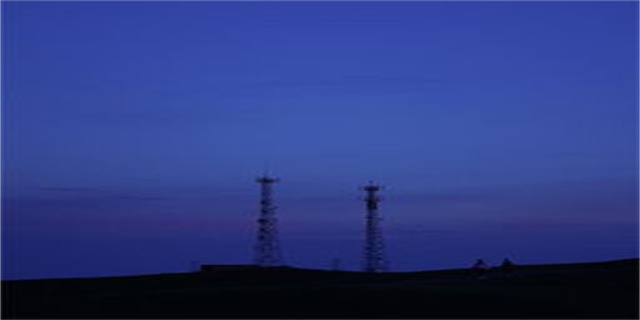disconnect(Disconnect The Growing Consequences of Technology on Human Connection)

Disconnect: The Growing Consequences of Technology on Human Connection
Introduction
In today's rapidly advancing technological era, our lives have become increasingly connected and interdependent on the digital world. From smartphones and social media to virtual reality and artificial intelligence, technology has infiltrated nearly every aspect of our lives, transforming the way we work, communicate, and interact. While these advancements have undoubtedly brought numerous benefits and conveniences, there is a growing concern that our excessive reliance on technology is causing a disconnection from genuine human connection. This article explores the consequences of technology on human connection and the importance of finding a balance in this digital age.
The Illusion of Connection

In the age of social media and online networking, it is easy to mistake virtual interactions for genuine connections. Platforms like Facebook, Instagram, and Twitter have made it possible to connect with people from all around the world, sharing our thoughts, experiences, and emotions. However, it is essential to realize that these connections are often superficial and do not truly fulfill our innate need for human connection. Behind the carefully curated profiles and glowing screens, we often miss out on the non-verbal cues, genuine emotions, and physical presence that are crucial for fostering deep and meaningful relationships.
The Erosion of Empathy
One of the key consequences of excessive technology use is the erosion of empathy – our ability to understand and share the feelings of others. The constant exposure to screens and virtual interactions reduces our face-to-face interactions, leading to a diminishing understanding of emotional cues and diminishing our ability to empathize with others. Studies have shown that individuals who spend excessive amounts of time online are more likely to struggle with interpersonal skills, such as reading facial expressions and recognizing emotions. This lack of empathy not only impacts our personal relationships but also negatively affects society as a whole, resulting in a decline in compassion and understanding.

Isolation and Loneliness

While technology promises to connect us with others, it has also contributed to a rise in feelings of isolation and loneliness. Paradoxically, the more connected we become digitally, the more disconnected we feel in our real lives. Spending excessive time on screens can lead to a decrease in face-to-face interactions, limiting our opportunities for meaningful connections. Additionally, the constant exposure to carefully curated lives of others on social media can trigger feelings of inadequacy or FOMO (fear of missing out), further exacerbating our sense of loneliness. Research has shown that individuals who report higher social media use also exhibit higher levels of loneliness and depressive symptoms.
Conclusion
As technology continues to advance at an unprecedented rate, it is imperative that we recognize and address the consequences it has on human connection. While technology undoubtedly benefits us in numerous ways, we must be mindful of maintaining a balance between our digital lives and real-life interactions. We should make a conscious effort to prioritize face-to-face connections and invest time in cultivating meaningful relationships. By understanding the limitations of virtual interactions and valuing the importance of genuine human connection, we can ensure that technology enhances rather than hinders our ability to connect with one another.










